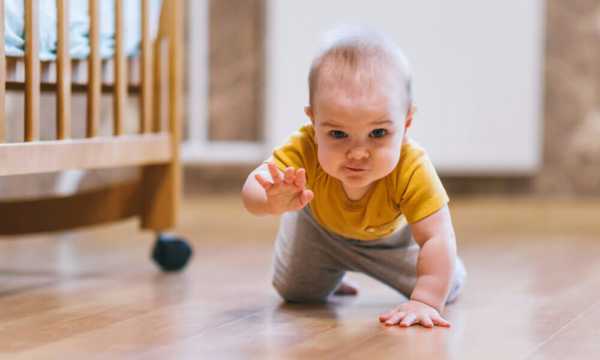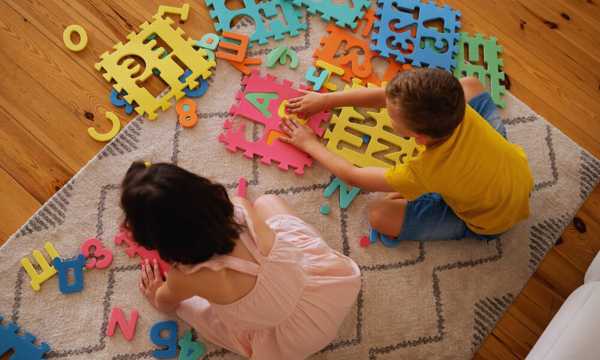ad
Understanding your baby development month by month is the first step to embracing each new phase with calm and care.
Your heart races, your routine turns upside down, and suddenly everything revolves around that tiny little being who’s so small and fragile.
When a baby arrives, each day seems to bring a new discovery. And understanding your baby’s development can really help you navigate this journey more smoothly.
If you’re a first-time mom or dad, take a deep breath: no one is born knowing everything. But with warm, welcoming information and one step at a time, it all starts to make sense.
Here, we’ll walk you through what to expect in each stage, with affection, care, and a calm, comforting tone that supports rather than overwhelms.
Get ready to follow, with a full heart, the small but mighty milestones of your baby and to discover that you’re growing too.
1. Baby Development in the First Trimester
In the first three months, everything is new and intense, for you and your baby!
It’s a time of delicate discoveries, full of small gestures that feel like magic. Every gaze, every sound, every movement is a step on this growth journey.

First months of baby development (Google Source)
- Baby development during this phase is a blend of sensations and learning. Your baby starts to recognize your voice, calms with your touch, and follows familiar faces with their eyes.
- By around the second month, you’ll see the first social smiles. These smiles express joy, recognition, and affection, melting away any tiredness. And let’s not forget the adorable effort of trying to hold their head up while lying on their tummy, a sign that their muscles are getting stronger.
- Instinctive reflexes, such as firmly grasping your finger when you place it in the baby’s hand, remain a fascinating part of development. They’re signs of neurological growth happening slowly, at each baby’s own unique pace.
More than movements, what matters most in this phase is warmth and presence: your embrace, your attentive gaze, and your calm voice saying “I’m here with you.”
This is how you support your baby’s emotional and cognitive development, with lots of love and patience.
2. Baby Development in the Second Trimester
Between the fourth and sixth month, your baby’s development starts to speed up.
Their body gains strength, and curiosity about the world grows every day.
- During this phase, your baby may start to roll over, try sitting with support, and even babble sounds like “ba” and “ma”. It’s a stage full of attempts, trial and error, and of course, lots of giggles and discoveries.
- Their eyes become even more alert, tracking people and objects, and their hands jump into action to explore everything within reach, after all, putting things in their mouth is a natural and important way of learning.
Every advancement and discovery, no matter how small, is a great reason to celebrate.
Motor development, early communication, and social interaction start showing clearer signs, revealing just how much your baby is growing.
3. Baby Development in the Third Trimester
From seven to nine months, your baby’s independence increases significantly.
They begin to sit up unsupported, crawl, and explore their surroundings with more confidence.

Baby development 9 months (Google Source)
- Baby development at this stage includes not just movement but also social awareness. Your baby recognizes familiar faces, responds to their name, and starts showing preferences for people and toys.
- Babbling becomes more frequent and varied, laying the first foundations for language. It’s amazing to see how each day they express themselves in new and surprising ways.
These little discoveries give your baby more confidence to explore, but they also bring a new challenge for parents: to follow, protect, and encourage this growth with love and patience.
4. Baby Development in the Fourth Trimester
Between ten and twelve months, a lot happens.
- Your baby may start walking with support, take their first steps, and even try saying their first words, usually “mama” and “dada,” which take on a deeply special meaning.
- Beyond physical milestones, emotional development is in full swing. Your baby uses gestures like pointing, clapping, and blowing kisses to communicate, showing a growing desire to engage with the world around them.
This phase is filled with emotion and learning for everyone, a true celebration of the small, big wins that mark the end of the first year and the beginning of a brand-new chapter.
5. How to Stimulate Baby Development at Home
You don’t need fancy toys to stimulate your baby. What matters most is your attentive and loving presence.
- Provide safe spaces for your baby to move freely.
- Talk to them often, even if they don’t speak yet. A parent’s voice is a powerful stimulus.
- Play with textures, colors, sounds, and simple movements. Everyday life is full of natural stimuli.
- Respect your baby’s timing. Each child has their own pace of learning and growth.

Development in every interaction! (Google Source)
Avoid comparisons. Every baby grows and learns in their own unique way.
6. How to Track and Record Your Baby’s Milestones
Documenting your baby’s development is a beautiful way to create memories and also to notice each step more clearly.
- You can write down when your baby first smiled, rolled over, sat up, or talked.
- Take photos, record videos, and write about what you felt in those moments. These memories are priceless.
- If you’d like, use apps or dedicated journals to track milestones and vaccinations.
- If anything makes you unsure, share it with your pediatrician. No question is silly when it comes to your child.
This tracking is not just technical. It’s a lovely way to follow your baby’s journey with affection and attention.
One Step at a Time, with Love
Following your baby’s development month by month is a blend of wonder, care, and learning. It’s understanding that every gesture, sound, or glance has deep meaning.
As a first-time parent, you might feel unsure at times. But that’s completely normal. What matters most is being present, giving love, and paying close attention to the details.
Your baby is discovering the world, and so are you. Allow yourself to experience this process with lightness, shared moments, and lots of affection.
Each day will bring something new: an unexpected smile, a different sound, a look seeking yours. These small signs are major milestones in your child’s world, and in yours too.
Trust the bond you’re building together.



